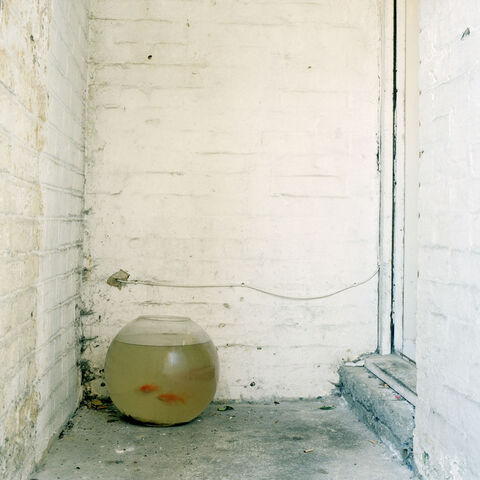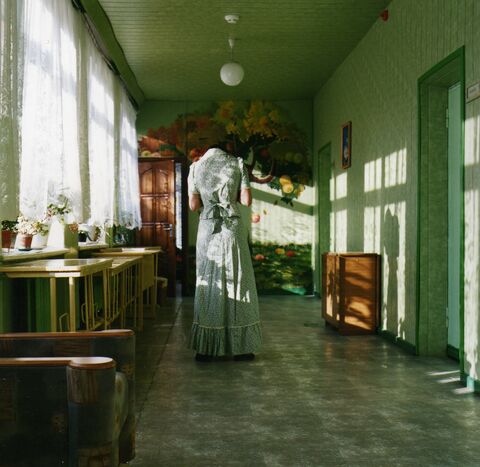Sabine Schulz Blank, Berlin, Germany
Born and raised in South/Central America and Germany.
Studies of photography at the Arts University College Bournemouth (formerly Arts Institute at Bournemouth) in England. Currently enrolled in a Master of Science in Geographical Development Studies in Berlin.
My work is a combination of photographic practice and scientific research. Most of my work is done on scientific field trips which are funded by grants. Projects include:
-England (2008-2009): Beach replenishment as a coastal protection scheme.
-Tunisia (2011): Documenting visual representations of the 2011 revolution in the public sphere.
-Brazil (2012) : Rainforest degradation and sustainable development: The Brazil nut in Amazonia.
Global (2008 – ongoing. England, Scotland, Germany, Poland, France, Spain, Brazil, Dubai, Oman, next stop Kyryzstan): Anthropogenics: Providing nature with a new place to be.
Photography to me is a language that enables me to communicate what I see.
Being able to see is something that keeps on astonishing me.
I will borrow a quote from Robert Adams to exemplify this:
„Occasionally photographers discover tears in their eyes for the joy of seeing.“ (from Why People Photograph, p.15.)
This joy is something that I wish to share with others.
Photography gives me the possibility to raise my voice by making things visible to other people that they might not have seen or noticed, or that at first glance didn’t seem to have any importance for them.
As a photographer i have the ability to share the beauty of seeing with others, rather than just enjoying it alone and isolated.
Oh dear … Bournemouth
Assumptions on which my work is based
I: Art and Science look at the same phenomena, only through different spectacles.
II: Art and Science are not separate ways of working, they merely display different approaches to doing research.
III: Photography is not intimidating to the viewer. It can easily be placed in public spaces, both spatial and virtual. Because people are so used to seeing photography they will not be distracted by the medium when looking at a photographic piece of work.
IV: Photography serves as a means of information-exchange in both Art and Science. It is both an established










